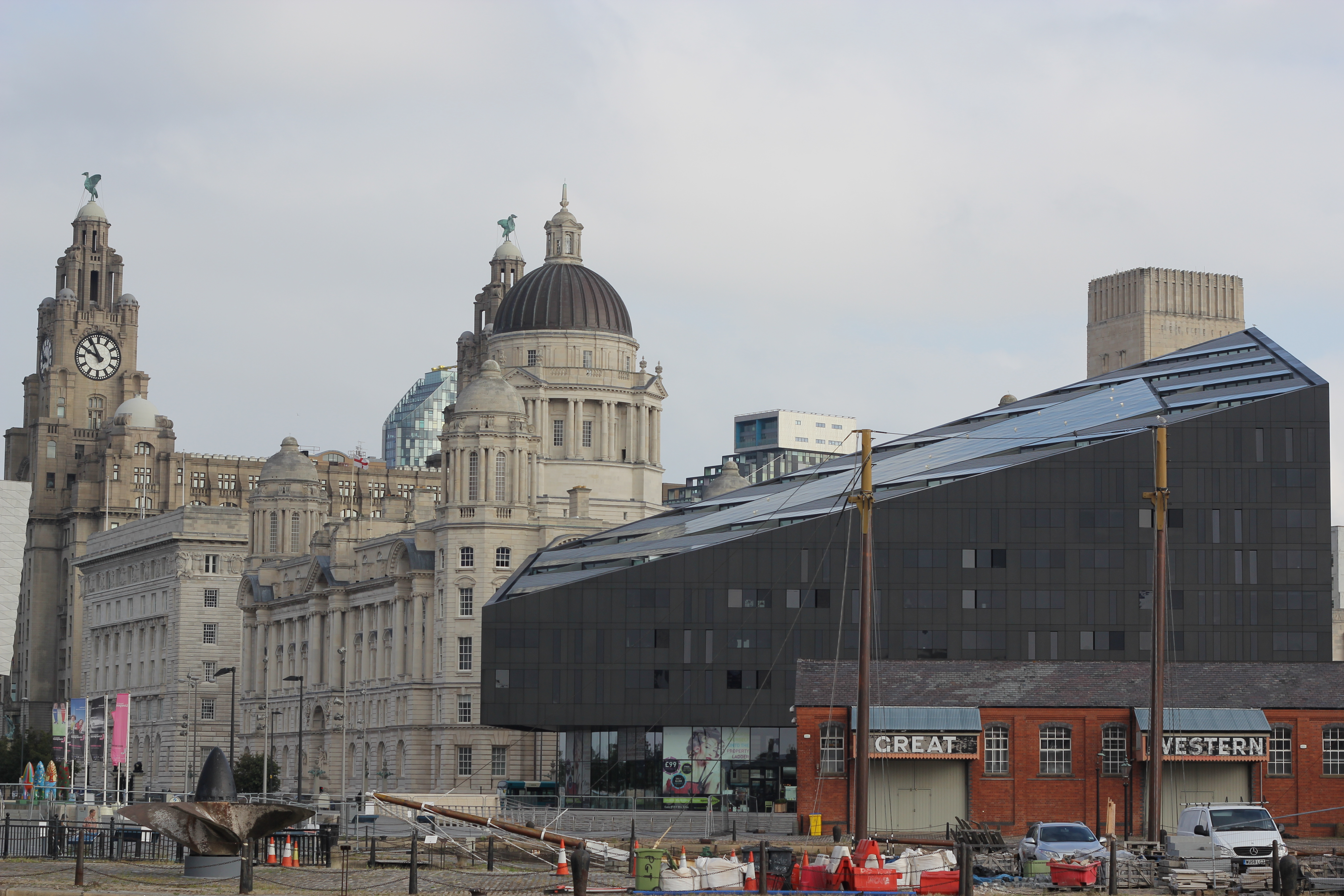The day after the EU referendum I woke up early to check the results. It was 5am and already clear that the Leave camp would win. I hadn’t expected that. Despite the growing popularity of right-wing populist parties such as UKIP, to the outsiders (and a large portion of liberal Britons too), this divisive brand of Euroscepticism seemed like the voices from the fringes. It is true that UKIP employed dramatic scaremongering as its major political strategy, using migrants as the folk devil on whom to blame Britain’s economic and social problems, both present and future. But to me their tactics stood in sharp contrast to what I have always admired about the British, that is to say kindness, tolerance and openness. Not surprisingly, the Leave win left the country in turmoil. Those on the Remain side are bewildered by the prospect of being torn away from an identity they have eagerly embraced as their own and, increasingly, many of the Leave voters express a similar sentiment. But the Brexit referendum also mobilized an indignant minority that had been previously silent, and galvanized blatant xenophobia, racism and bigotry. It is the latter that saddens me most.
I myself was an EU migrant who settled in the UK following the first eastern enlargement in 2004, although I had first arrived in Britain in the summer of 2003, eight months prior to Poland’s accession to the EU. I was an undergraduate student on a gap year in Liverpool, away from home for the first time. Despite its long tradition of multiculturalism, the city saw very few migrants from Eastern Europe and people knew very little about Poland. Often, on hearing my nationality, they would recite in one breath: Lech Wałęsa, John Paul II, vodka, and engage with me in long conversations about the Pontiff’s poor health. I felt welcomed, and I immediately fell in love with the city and its people. I loved how they talked and joked, how women wore strapless dresses on cold nights out and how families went on the ferry across the Mersey on Sunday afternoons. I myself spent countless hours in the FACT cinema on Wood Street and I can still remember films I saw that year: Young Adam, Sylvia, Calendar Girls and, my absolute favourite, Love Actually. I went to see art exhibitions in the Walker Art Gallery, learning about British painting, from Pre-Raphaelites, through the Stuckists to the Singh Twins. On the 1st of May 2004 I celebrated Poland’s accession to the EU with a group of English friends. The mood was jubilant and hopeful. We drank sparkling wine and, as naïve as it may sound, it felt like Europe was united again.

